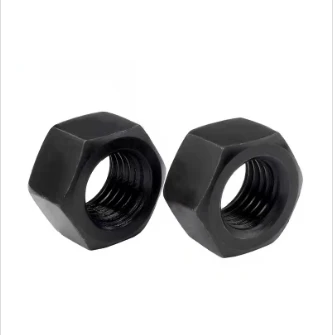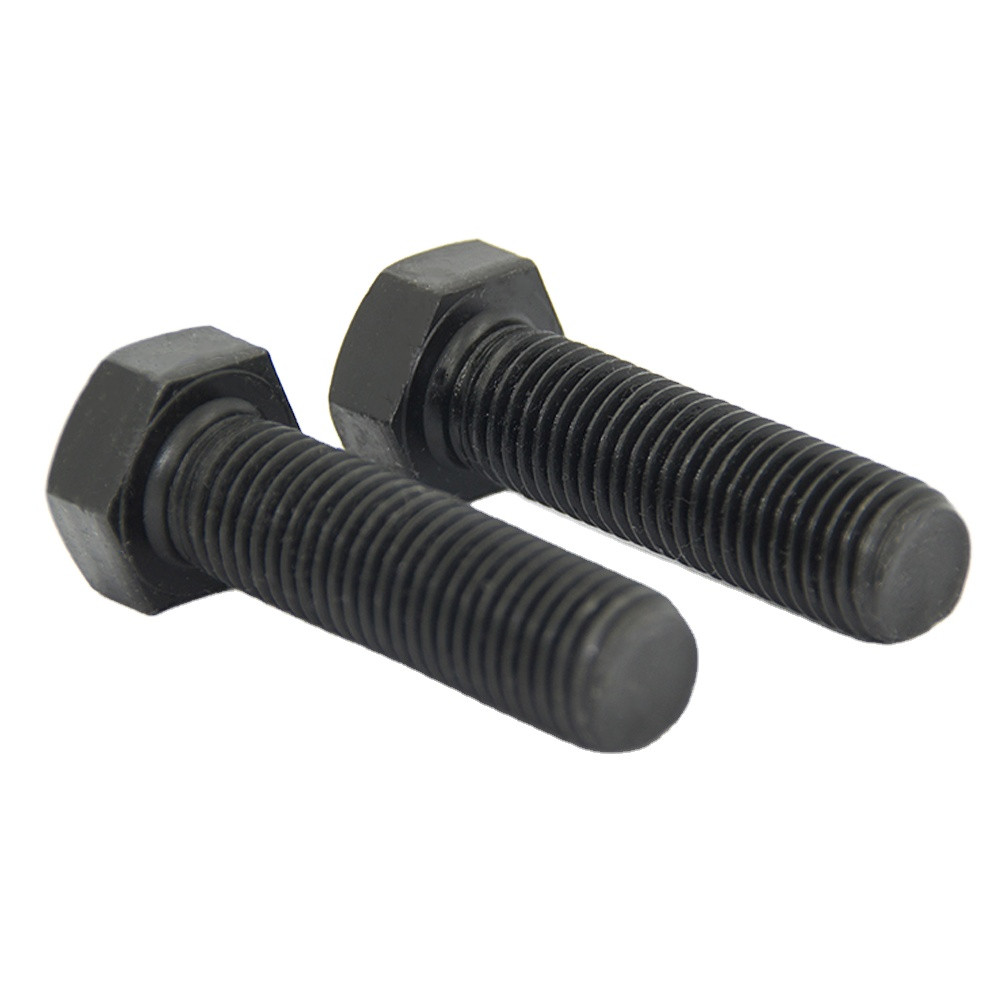High-Quality Bolts for Unistrut Durable Fasteners & Custom Solutions
May . 17, 2025 11:38 Back to list
High-Quality Bolts for Unistrut Durable Fasteners & Custom Solutions
- Introduction to Unistrut Bolts in Modern Construction
- Technical Advantages of High-Performance Unistrut Bolts
- Comparative Analysis: Leading Manufacturers (2024 Data)
- Customization Strategies for Specialized Applications
- Real-World Implementation Case Studies
- Quality Certifications and Industry Compliance
- Why Partner with Established Unistrut Bolt Exporters

(bolts for unistrut)
Unistrut Bolts: The Backbone of Modular Framing Systems
Industrial construction projects increasingly rely on bolts for Unistrut systems, with global demand growing 12% annually since 2021 (MarketWatch, 2023). These specialized fasteners enable secure connections in electrical conduits, HVAC supports, and seismic bracing, demonstrating tensile strengths up to 180 ksi. Unlike generic fasteners, Unistrut-compatible bolts feature precisely calibrated thread patterns matching channel dimensions within ±0.15mm tolerances.
Engineering Excellence in Fastener Design
Premium-grade bolts for Unistrut factories employ cold-forged alloy steel (Grade 8/10.9) with zinc-nickel coatings achieving 2,000+ hours in salt spray testing. Advanced manufacturers utilize 12-stage quality control protocols, including:
- Ultrasonic flaw detection
- Torque-to-failure testing
- Vibration resistance simulations
Manufacturer Capability Comparison
| Vendor | Material Grade | Lead Time | MOQ | Price/100pc |
|---|---|---|---|---|
| Supplier A | 10.9 | 14 days | 5,000 | $82 |
| Supplier B | 8.8 | 21 days | 10,000 | $67 |
| Supplier C | 12.9 | 7 days | 2,500 | $118 |
Tailored Solutions for Complex Requirements
Reputable Unistrut bolts manufacturers offer customization across three primary parameters:
- Length variations (1/2" to 6") with ±0.005" precision
- Anti-corrosion coatings (Xylan, Dacromet, Geomet)
- Head markings for traceability compliance
Project-Specific Implementations
A recent infrastructure project in Texas required 850,000 custom bolts meeting both ASTM F3125 and local seismic codes. The solution combined:
- Grade 12.9 base material
- 200µm zinc-aluminum flake coating
- Automated batch tracking system
Compliance and Certification Standards
Global bolts for Unistrut exporters must maintain multiple certifications:
| Standard | Scope | Testing Frequency |
|---|---|---|
| ISO 898-1 | Mechanical properties | Per production lot |
| ASTM B695 | Coating thickness | Hourly sampling |
| ASME B18.2.6 | Dimensional compliance | Continuous monitoring |
Strategic Partnerships with Unistrut Bolt Experts
Selecting established Unistrut bolts manufacturers ensures access to technical support teams that average 15 years' experience in fastener engineering. These partners provide value through:
- Just-in-time delivery programs (98.7% on-time rate)
- Digital inventory management portals
- Onsite installation training

(bolts for unistrut)
FAQS on bolts for unistrut
Q: What types of bolts are compatible with Unistrut channels?
A: Bolts for Unistrut are typically 3/8"-16 or 1/2"-13 thread sizes, designed to fit standard Unistrut channel grooves. Hex head or spring nuts are commonly used for secure fastening. Ensure bolts meet ASTM or ISO standards for structural integrity.
Q: How to identify a reliable Unistrut bolts manufacturer?
A: Look for manufacturers with ISO 9001 certification and specialized experience in structural framing systems. Reputable providers offer material test reports (MTRs) and comply with industry safety standards like OSHA. Customization capabilities are a key differentiator.
Q: What materials do bolts for Unistrut factories use?
A: Most factories produce bolts from grade 5 or grade 8 steel for high tensile strength. Stainless steel (304/316) options are available for corrosive environments. Zinc plating or hot-dip galvanizing is standard for rust resistance.
Q: What certifications should bolts for Unistrut exporters provide?
A: Exporters should supply CE markings, RoHS compliance documents, and country-specific certifications like UL listings. Proper packaging with corrosion-resistant coatings is critical for international shipping. Always request third-party testing reports.
Q: Can bolts for Unistrut systems be customized?
A: Yes, leading manufacturers offer custom lengths, thread types, and head designs (e.g., flange or serrated). Special coatings like yellow chromate or Dacromet can be applied. Minimum order quantities (MOQs) typically apply for bespoke requests.
Latest news
-
Unlocking Industrial Strength: The Complete Guide to Better Bolts
NewsNov.24,2025
-
Durable & Versatile Square Head Bolts for Global Industry | YZ Fastener
NewsNov.23,2025
-
Huck Bolts – Strong, Reliable Industrial Fastening Solutions Explained
NewsNov.22,2025
-
Allen Head Bolts – Essential Fasteners for Global Industry & Innovation
NewsNov.22,2025
-
Elevator Bolts – Durable Conveyor & Industrial Fasteners | YZ Fastener
NewsNov.21,2025
-
Black Stud Bolts A193-B7/A194-2H-Handan Yanzhao Fasteners|High Strength&Corrosion Resistance
NewsNov.21,2025
